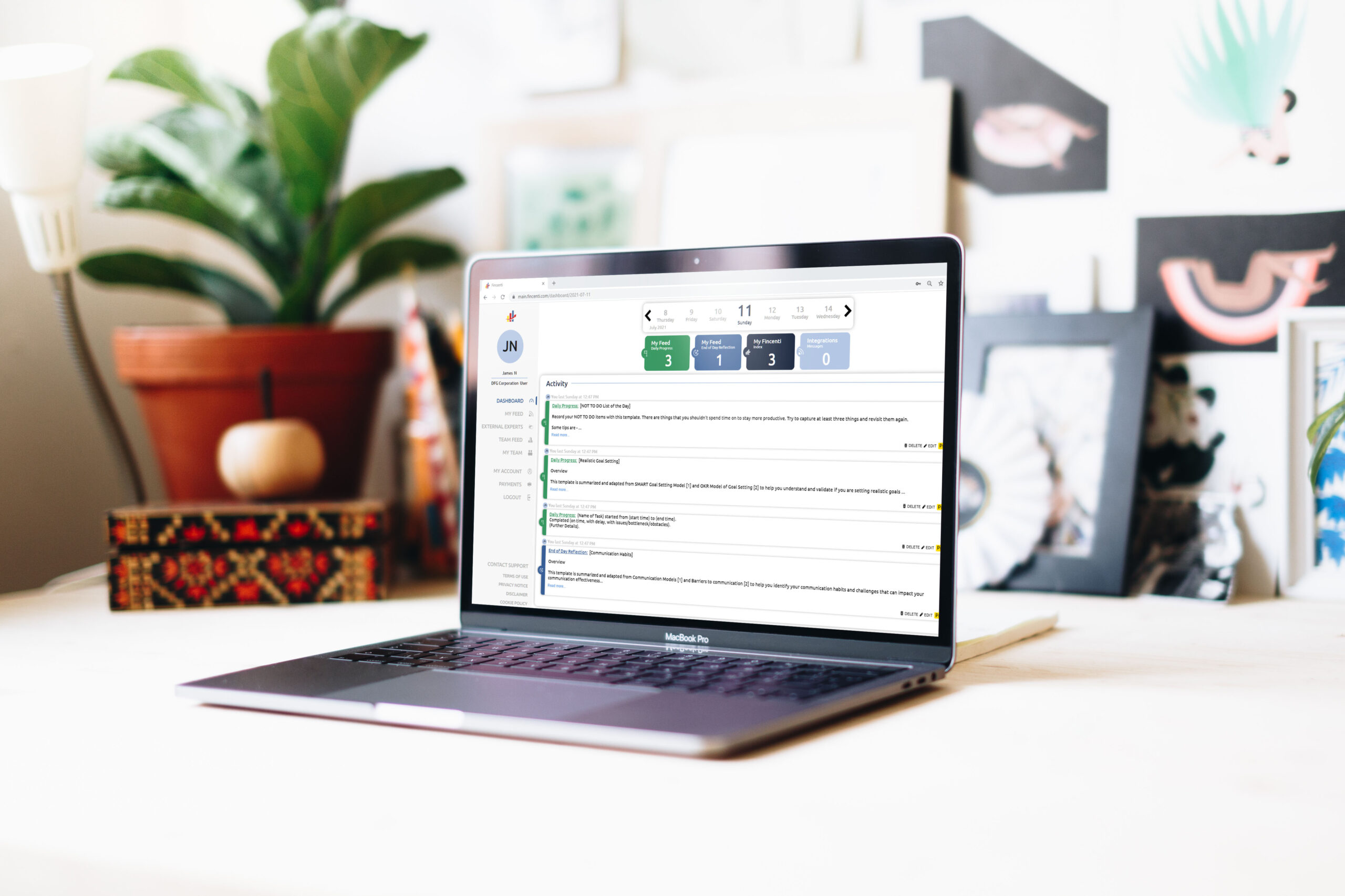3 Common Collaboration Challenges in Remote Team and How to Overcome Them
Find out what three common challenges a remote team would have and how to overcome the workplace collaboration challenges.
Collaboration became popular in many organizations as it brings teams to the table with a unique set of skills, knowledge, experiences, and wisdom of the team members, generating amplified synergy in the project team. However, making collaboration successful in a virtual team creates a unique set of challenges primarily due to the lack of physical proximity in teams.
So, what are the common collaboration challenges in a remote team? What is the current problem with online collaboration with remote team members?
Common Collaboration Issues and Quick Fixes
#1. Creating a constructive feedback loop in remote collaboration
As remote work takes away from the advantage of “face-to-face” time with other team members, remote workers often feel that they are on an island with no one to get help or feedback for what they have done. In order to get feedback on a task done in remote work, you have to go through time-consuming processes of messenger messages, email chains, phone calls, and video conferences. In remote work, you often find that there are misunderstandings among team members as many different communication channels are often being used. Therefore, there should be a new way to provide streamlined and constructive feedback to remote colleagues, replacing the “face-to-face” environment where individual team members can freely share candid, truthful, and direct feedback.
#2. Setting achievable and realistic goals for remote teams
As remote teams are not seeing other teammates every day in a physical office, lack of cohesion and a low sense of community typically exist in a remote team. Especially in virtual collaboration, this lack of being in a cohesive work community can be translated into creating an unstructured collaboration among team members. Hence, companies need to implement strategies that focus on creating a strong sense of community that works toward a common goal. One way to do this is setting achievable and realistic goals with steps that can help employees stay focused, motivate them to work harder, inspire others to work better, give us something to strive towards, and follow direction as a team.
#3. Improving communication for remote teams
When coordinating remote teams, there is always the possibility of miscommunication and misinterpretation – for example, some prefer to reading between lines while others practice direct communication for tasks to be done. It is not uncommon for errors to go undetected until it becomes too late. In collaboration, remote workers are usually loaded with information from all different channels and often feel overwhelmed or frustrated by the amount of information they get from all different channels. One way to address the issue would be to use explicit communication and reflect their understanding through thought-provoking questions to align the communication to team objectives and goals.
How to overcome collaboration challenges with Fincenti
Fincenti is a digital tool for helping your remote team achieve virtual collaboration better with Daily Progress Tools and End of Day Reflections to stay connected and aligned.
There are a set of questions you can ask yourself and your remote team through Fincenti to overcome the common collaboration challenges.
#1. Creating a constructive feedback loop by sharing daily progress and improving communication by self-reflection
Even if you are exercising explicit communication to your colleagues, peers, and employees, there may be a misunderstanding from the respondent’s end. Try to incorporate the following End of Day Reflection question to streamline your communication.
“Did you give the respondent a chance to state their own point of view about the situation? Do you find any gaps from your perspectives?”
(From sample questions of Providing Constructive Feedback template on Fincenti.com)
#2. Setting achievable and realistic goals
There are a few assessment questions for goal setting that you can ask yourself or your team if you lack of collaboration definition in goal settings. Fincenti external experts curated a few questions for setting achievable and realistic goals. A full list of sample assessment questions can be found in the Realistic Goal Setting in Daily Progress Tool on Fincenti.com.
- Do you know what exactly you want to accomplish? Does your goal contain a sense of clarity?
- Is your goal challenging enough to motivate you (and your team) but also still attainable? (Locke, 1990)
- Do you know the purpose or benefits of accomplishing this objective?
- Are you convinced that achieving this goal is important? (Latham, 2004)
- Do you know how to measure the progress of your objective?
Fincenti helps you and your team stay more focused and productive with two simple yet powerful features- Daily Progress Tools and End of Day Reflections. Fincenti is created with business consultants and I/O psychologists across the globe. To sign up for Fincenti, please click here – no credit card required for a 14-day free trial, no recurring payment, and pay month by month only. Lifetime deal is available during beta run.
Reference
- Locke, E. A., & Latham, G. P. (1990). Work Motivation and Satisfaction: Light at the End of the Tunnel. Psychological Science, 1(4), 240–246.
- Latham, G. (2004). The Motivational Benefits of Goal-Setting. The Academy of Management Executive (2004),18(4), 126-129.
Please share your thoughts in the comments below. What prevents effective collaboration in your team? What are the barriers to collaboration – colleagues in different time zones? How have you overcome team collaboration?
